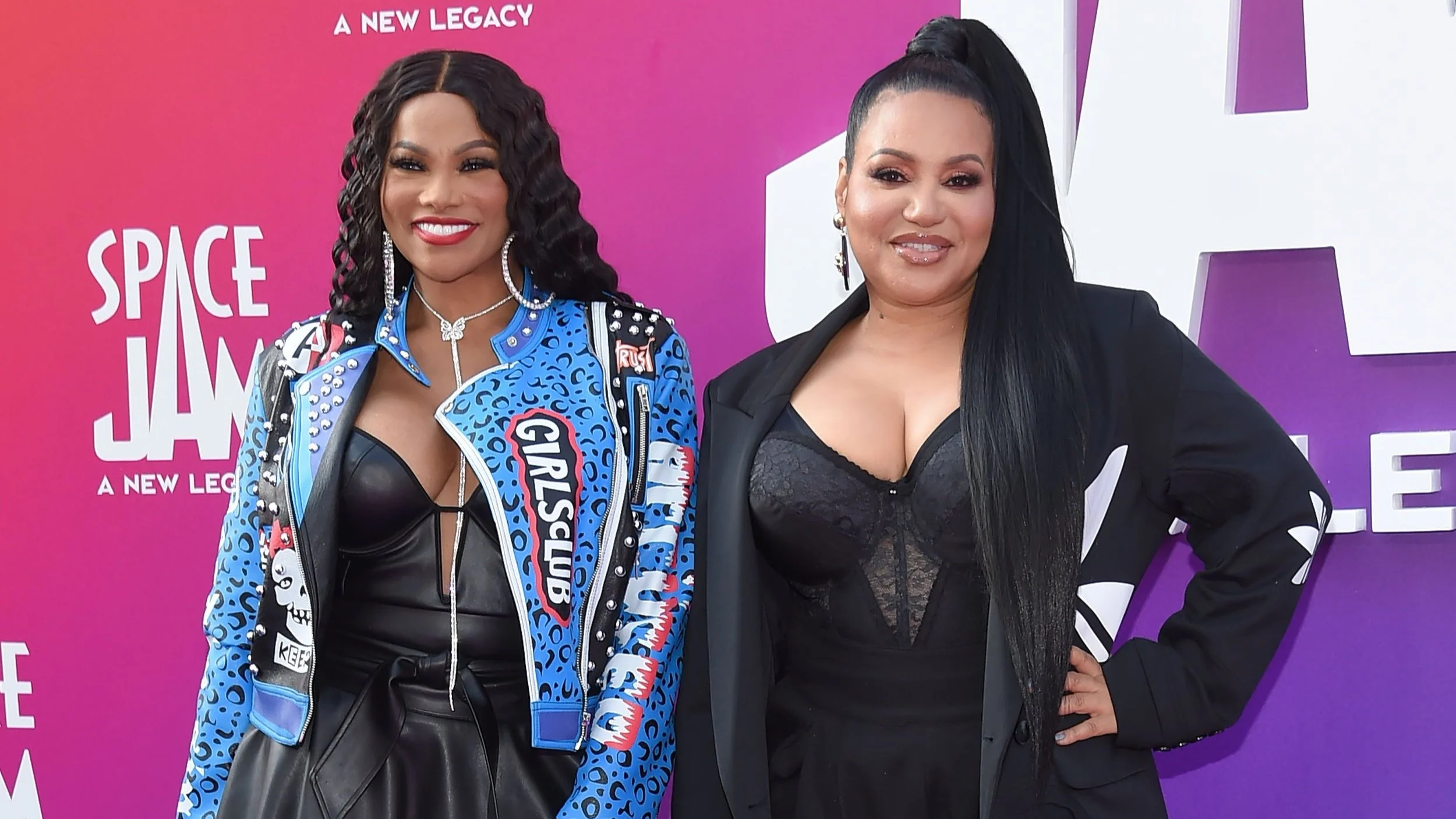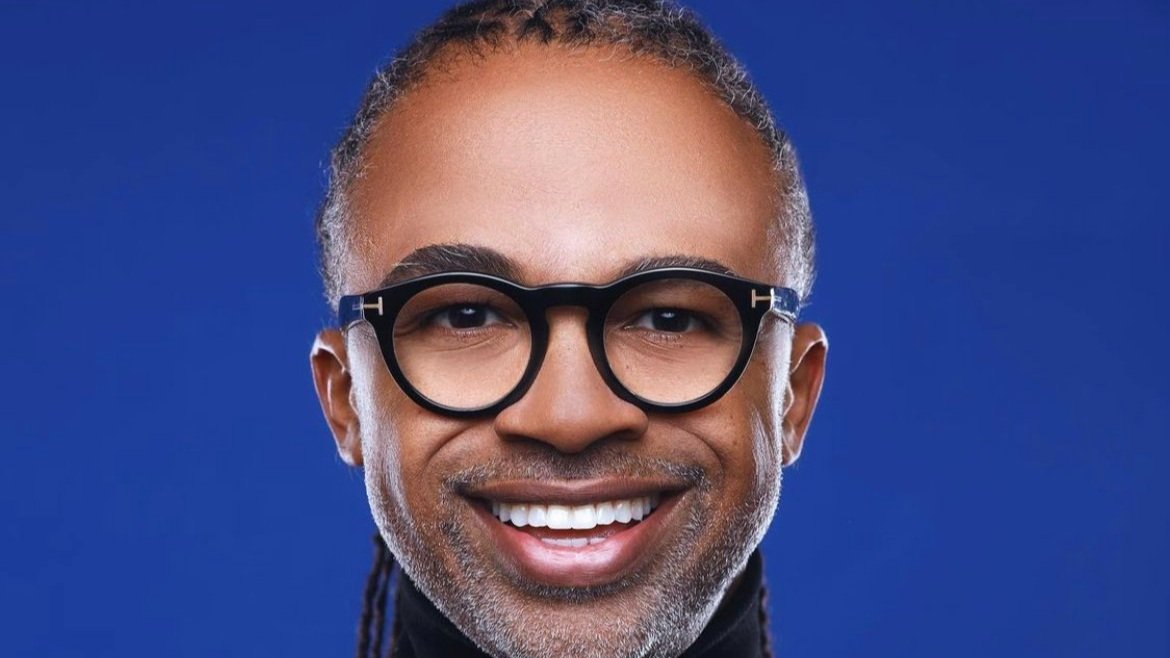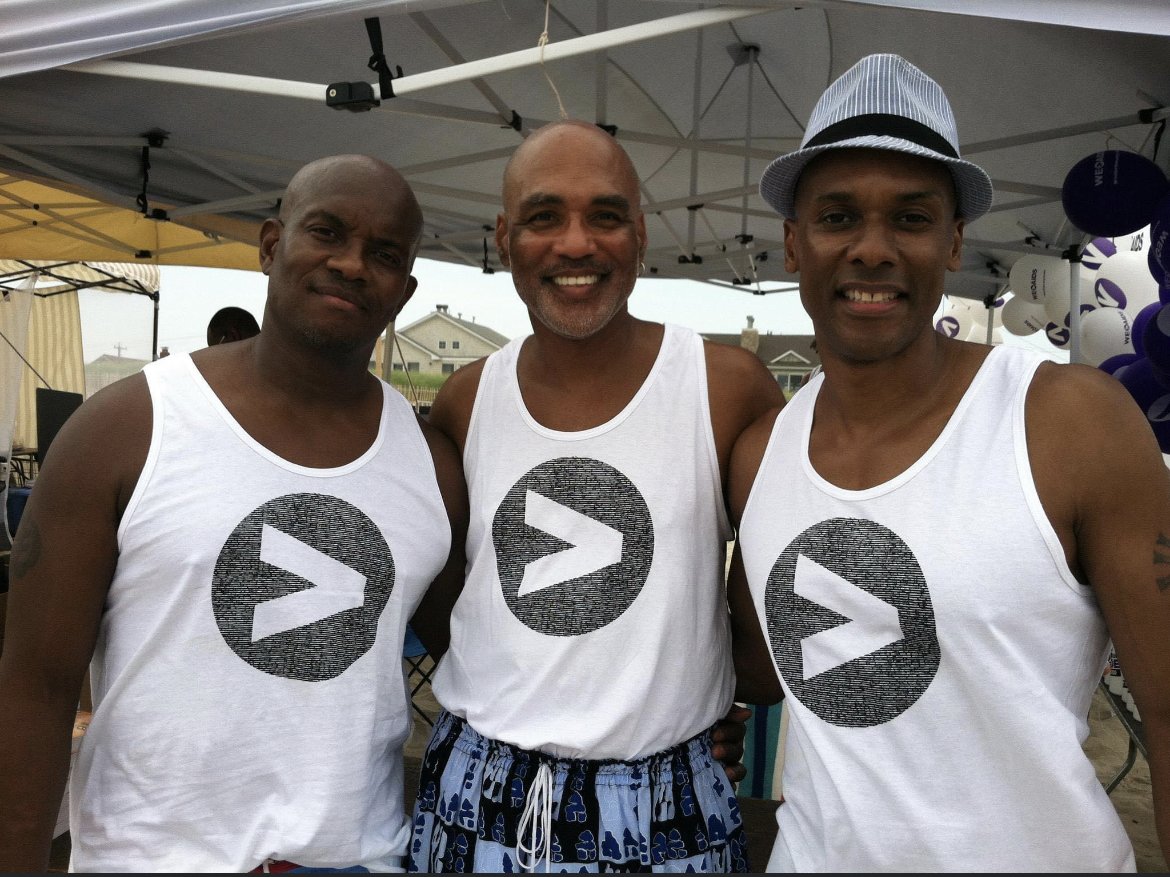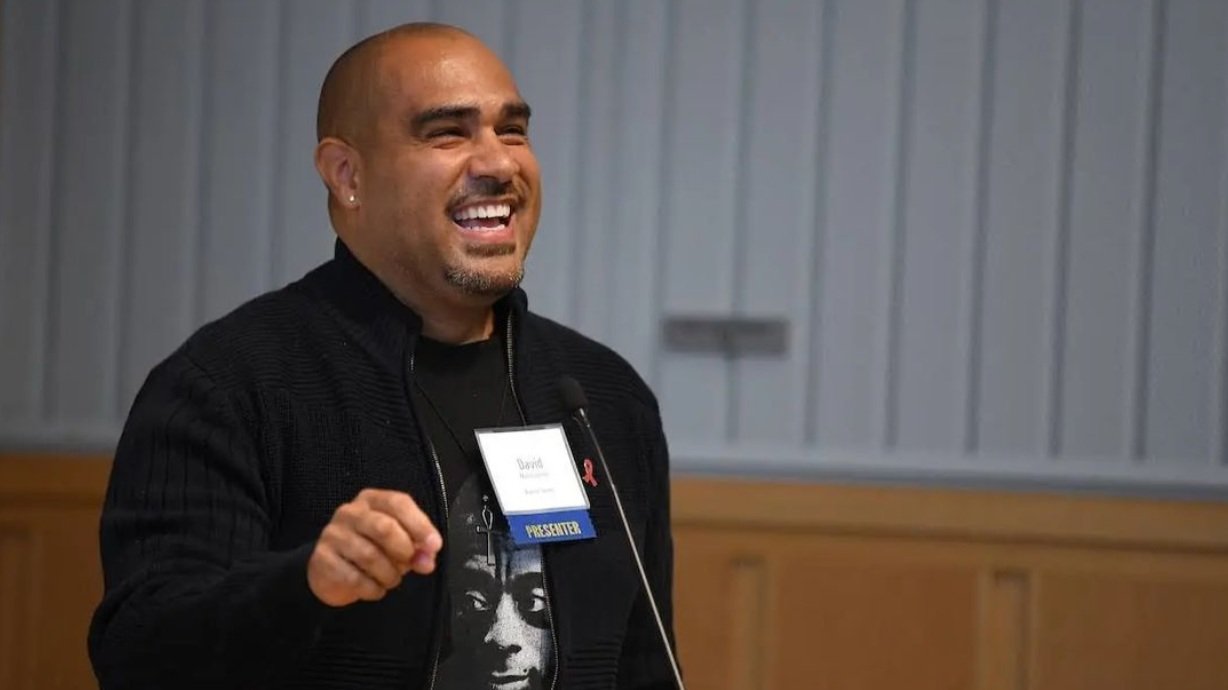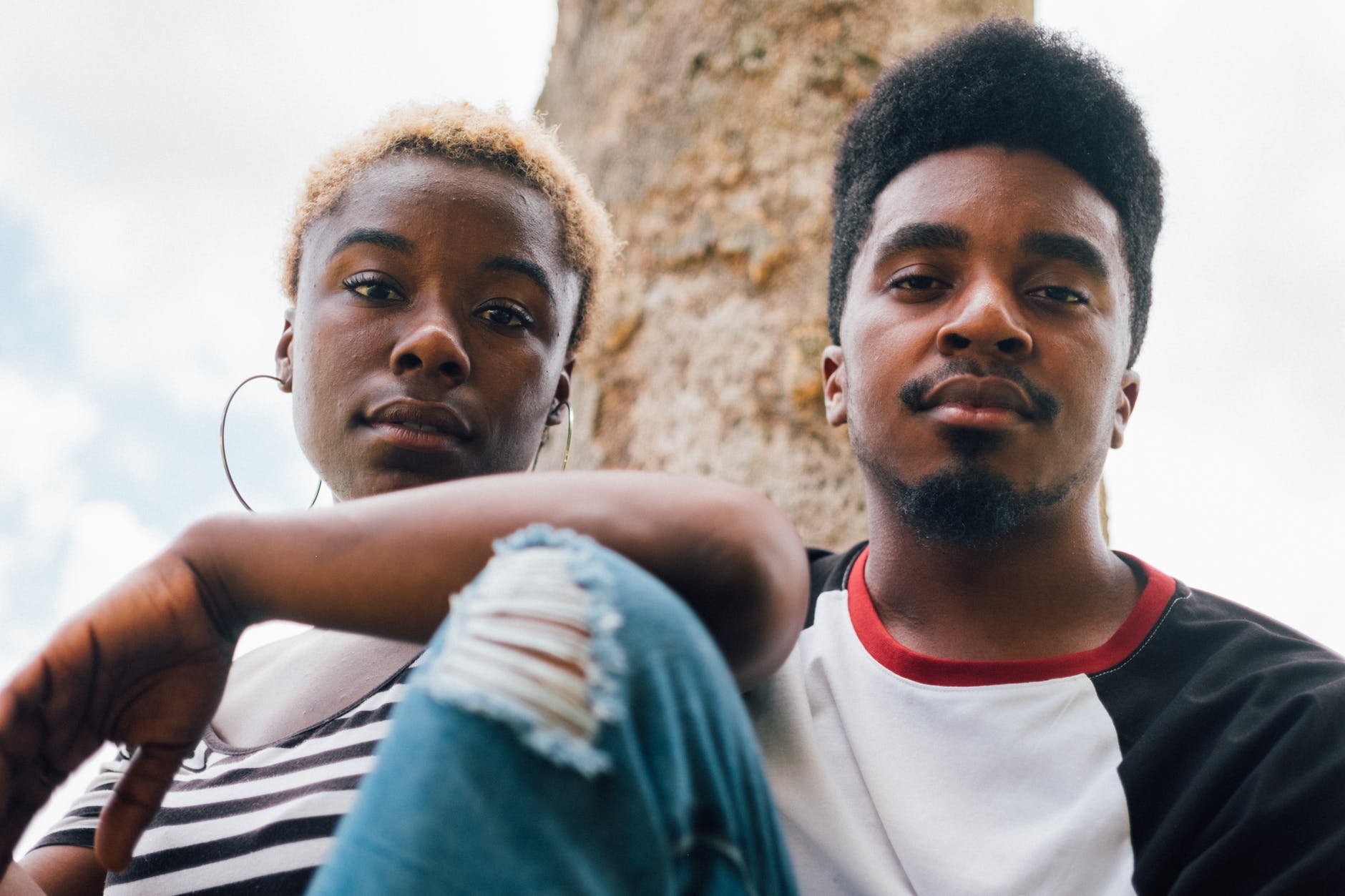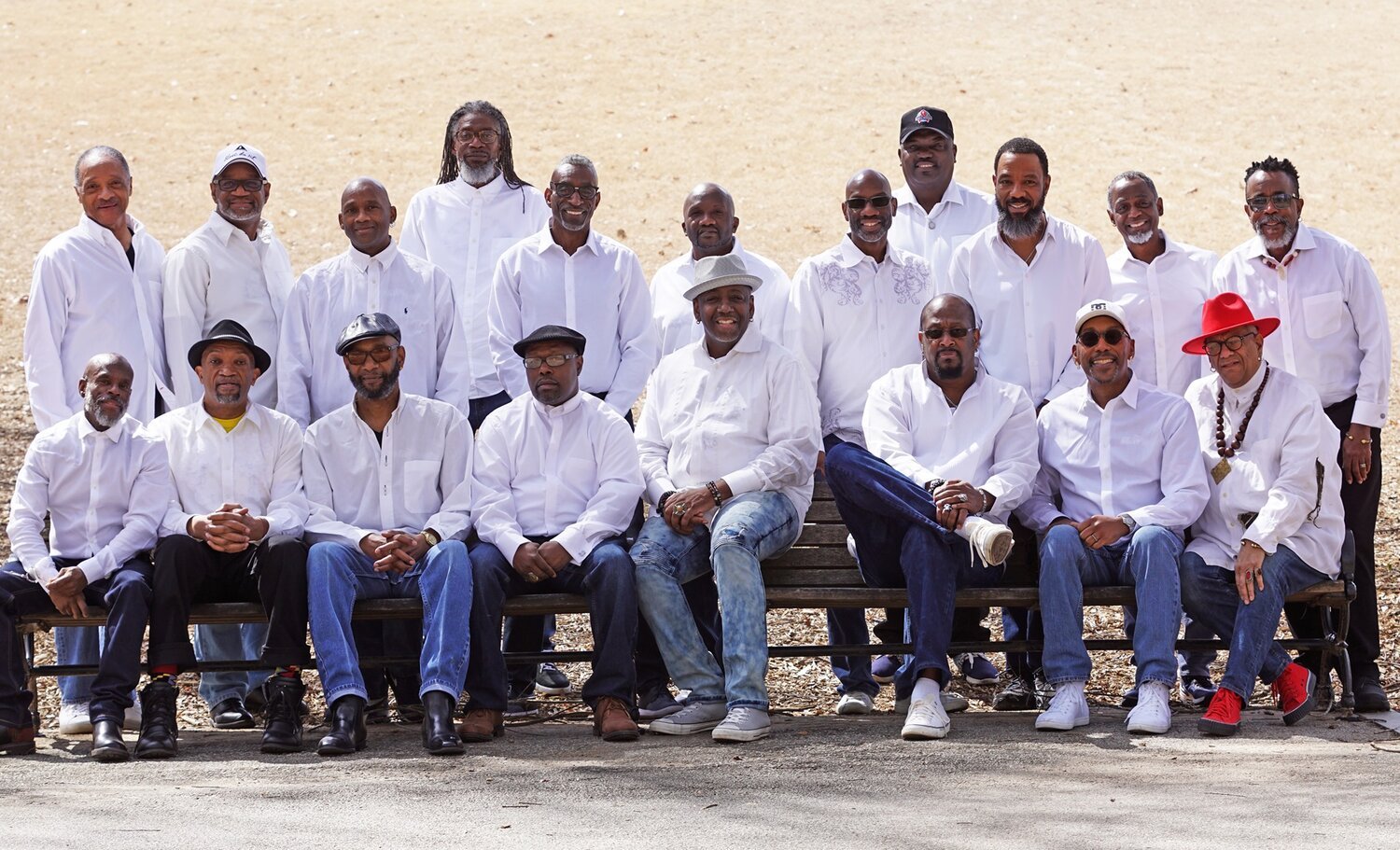Bridging The Ivory Tower: Spotlighting Significant HIV Research
As an academic, I was aware of numerous groundbreaking studies and scientific advancements related to HIV. Yet, even those actively involved in HIV advocacy outside academia were largely unaware of this research. This urgency drives me to bridge the gap between research and practice, to ensure that the brilliance of research is not confined to the Ivory Tower.











